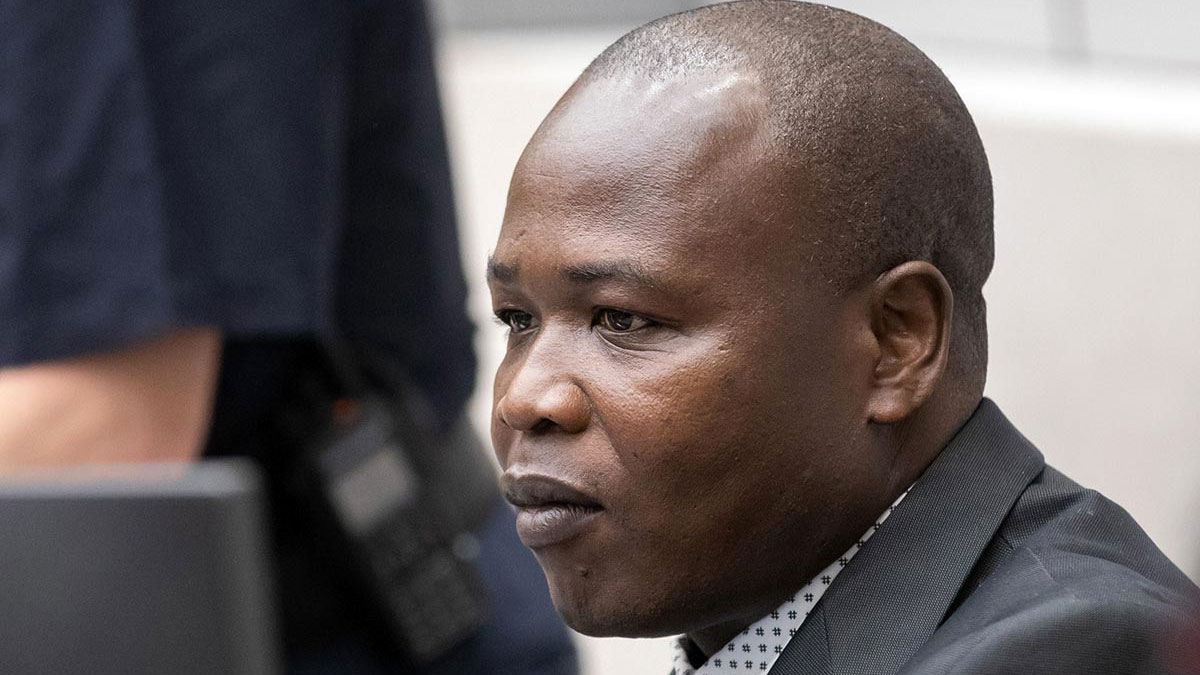Making sense of ICC’s conviction of Ongwen

Dominic Ongwen
What you need to know:
First, the court should be credited for giving a voice to the victims of atrocities perpetrated by Dominic Ongwen and members of the Lord’s Resistance Army (LRA).
As both a professional in the area of the law and a Ugandan, the judgment that convicted Dominic Ongwen of war crimes and crimes against humanity on February 4, 2021, struck a deep chord. Certainly, there was need for me to read all 1,077 pages of the court’s judgment, which brought home to me the reality of traumatic lived experiences of my brothers and sisters in the north. Like for many, whose lives, to a large extent, rotated around the central, western, and parts of the east of Uganda, the thrust of these atrocities as they occurred, was distant, remote and outlying. In grappling with the truths uncovered through this judicial process, I found myself reaching out to my mother, a counselling psychologist, to engage with the trauma that these events have instigated.
It is gruesome!
The court does not hold back; and in a very raw but powerful narrative, lays bare the evidence of a people deeply scarred and devastated by the decades-long conflict in northern Uganda. Still, this judgment is very pivotal in our (Ugandans’) process of healing and the coming to grips with what we have endured. A number of issues come through, but I will briefly explore four areas for reflection.
First, the court should be credited for giving a voice to the victims of atrocities perpetrated by Dominic Ongwen and members of the Lord’s Resistance Army (LRA). In a very graphic way, the court recites the actual names of men, women and children killed, abducted, and tortured by the LRA. Particularly, abductees who were mothers, and carrying their babies, were forced to abandon their children in the bushes – like garbage. During attacks on Internally Displaced Persons’ (IDP) camps), the LRA shot into victims’ houses and burnt people alive. By putting this on record through a rigorous evidentiary process, the court has afforded an undisputed narrative that should inform any real accountability processes going forward.
Second, the much-needed bold steps taken by the court with regard to tackling sexual, and gender-based violence crimes, need to be commended. For the first time the court addressed and convicted on the war crime and crime against humanity of forced pregnancy. Forced pregnancy means the unlawful confinement of a forcibly made pregnant woman, with the consequence that she is deprived of her reproductive autonomy. The court further convicted Ongwen of the crime against humanity of forced marriage, which denotes the forcing a person, regardless of their will, into a conjugal union with another, using force, threat of force or through taking advantage of a coercive environment.
The convictions handed down for these and other related sexual crimes, brought accountability for the horrendous practice within the LRA of “distributing” abducted women and girls as “wives” and “ting tings” (younger abducted girls not yet considered mature enough to be wives, were used as household servants.
Third, the judgment revealed very disturbing accounts of the Uganda Peoples’ Defence Forces’ failures and lapses, particularly with regard to the protection of civilians in the IDP camps. The evidence weighed and deemed credible by the court, pointed to repeated incidents of overpowered government forces, fleeing camps when the LRA suddenly raided and wreaked havoc in these settlements. Evidence also revealed the LRA’s capacity to overrun barracks of the government forces.
In these situations, people were left open, defenceless and vulnerable to the LRA, who in turn killed indiscriminately, looted, and burned people’s settlements. This is unfortunate, as the idea behind setting up camps, was to provide protection for people. The revelations in this court process convey the need for auditing to be done, with regard to the management of the war in northern Uganda by the government.
Fourth, it is clear that the court – appropriately – took the opportunity to implicate other senior LRA members in the conviction of Ongwen, particularly, those for whom it may be next to impossible to apprehend, including Joseph Kony himself. Clearly, this judgment is monumental, and should not be discounted as just another meaningless conviction in the realm of international criminal justice.
By Joshua Joseph Niyo
Mr Niyo is an international lawyer with specialisation in International Criminal Law, armed non-state actors and related legal disciplines. [email protected].




